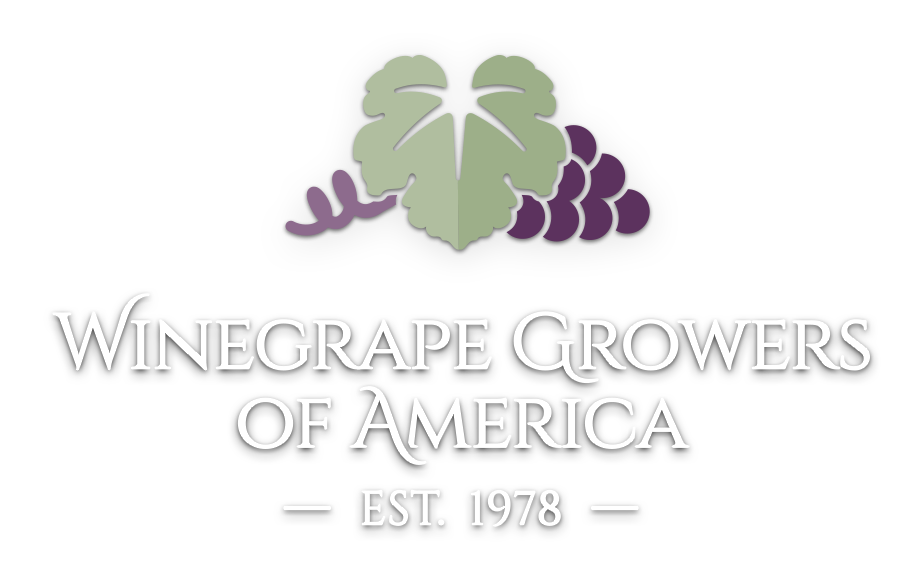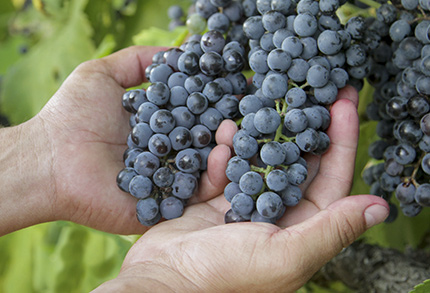Federal Excise Taxes
The Issue
This proposed legislation presents a major opportunity to reduce federal excise tax (FET) rates on wine, as well as beer and spirits, and includes other benefits. versions of the bill have received strong support in both the House and Senate, and WineAmerica is working closely with a coalition of other beverage alcohol trade organizations to enhance its prospects of passage.
Key Provisions
Expand Excise Tax Credit for Wineries
Under present law, wine is subject to an excise tax of between $1.07 and $3.40 per gallon, based on alcohol content and carbonation level. Qualifying small domestic wineries producing 250,000 wine gallons or less are eligible for a tax credit generally equal to 90 cents per gallon on the first 100,000 gallons produced, with that benefit phasing out between 150,000 gallons and 250,000 gallons. Hard cider is taxed as wine, subject to lower rates and a reduced credit amount. This provision removes the phaseout and replaces the credit with a new tiered credit system for wine produced in the U.S. or imported as follows: $1.00 credit for the first 30,000 wine gallons, $0.90 for the next 100,000 wine gallons, and $0.535 for the next 620,000 wine gallons. In addition, this provision removes the existing prohibition against claiming the credit for natural sparkling wines. Conforming expansions are made to the cider credit.
Expand Alcohol Threshold for Certain Wines
Under current law, still wine is taxed at different rates based on alcohol content. Still wine containing not more than 14 percent ABV is taxed at $1.07. Still wine above 14 percent and less than 21 percent ABV is taxed at $1.57 per gallon. For labeling purposes only, alcohol content in wine may vary from the stated amount within certain tolerances, but no such tolerances exist for tax purposes. This proposal would provide that wines up to 16 percent ABV may qualify for the $1.07 tax rate, in order to provide more certainty for wine producers.
Increased Carbonation Tolerances for Certain Low ABV Wines
Present law provides a tolerance for still wine of 0.392 grams of carbon dioxide per hundred milliliters of wine, which is generally taxed at $1.07 per wine gallon. Wines exceeding this limitation are taxed as “sparkling wine” at either $3.30 or $3.40 per wine gallon. This provision would increase that tolerance to 0.64 gram of carbon dioxide per hundred milliliters of wine for wines produced primarily from grapes or solely from honey and water, which do not contain any other fruit and contains no more than 8.5 percent ABV.
Reduce Compliance and Tax Burdens for all Producers, and Improve Excise Tax Administration
The bill exempts beverage producers from complex capitalization rules for aged products, removing the requirement that bottle aging be considered in production time. bill also continues TTB funding increases that were secured in for FY 2016 of $5 million for label and formula approval and $5 million for fair trade practice enforcement. The increases are to be authorized for FY 2017 and FY 2018, along with an additional $5 million for the cost of implementing the bill, including new federal permit approvals, an additional $15 million total.
Potential Savings
A sampling of potential annual savings for wineries of different sizes is shown below:
| Gallons Produced | Current Taxes | Proposed Taxes | Total Savings |
|---|---|---|---|
| 10,000 | $1,700 | $700 | $1,000 |
| 50,000 | $8,500 | $5,500 | $3,000 |
| 100,000 | $17,000 | $14,000 | $3,000 |
| 300,000 | $321,000 | $110,050 | $210,950 |
| 1,000,000 | $1,070,000 | $601,801 | $469,198 |
What’s Next
WineAmerica is working with our alcohol coalition partners (American Craft Spirits Association, Beer Institute, Brewers Association, Distilled Spirits Council, and the Wine Institute) to secure additional co-sponsors for the legislation. Concurrently we will be meeting with the relevant House and Senate Committees as the agenda for tax reform is set. We look forward to working with our members and Congress to ensure the FET burden on the beer, wine and spirits sector is at the forefront of the discussion, and Winegrape Growers of America strongly support the passage of the Craft Beverage Reform and Tax Modernization Act.










